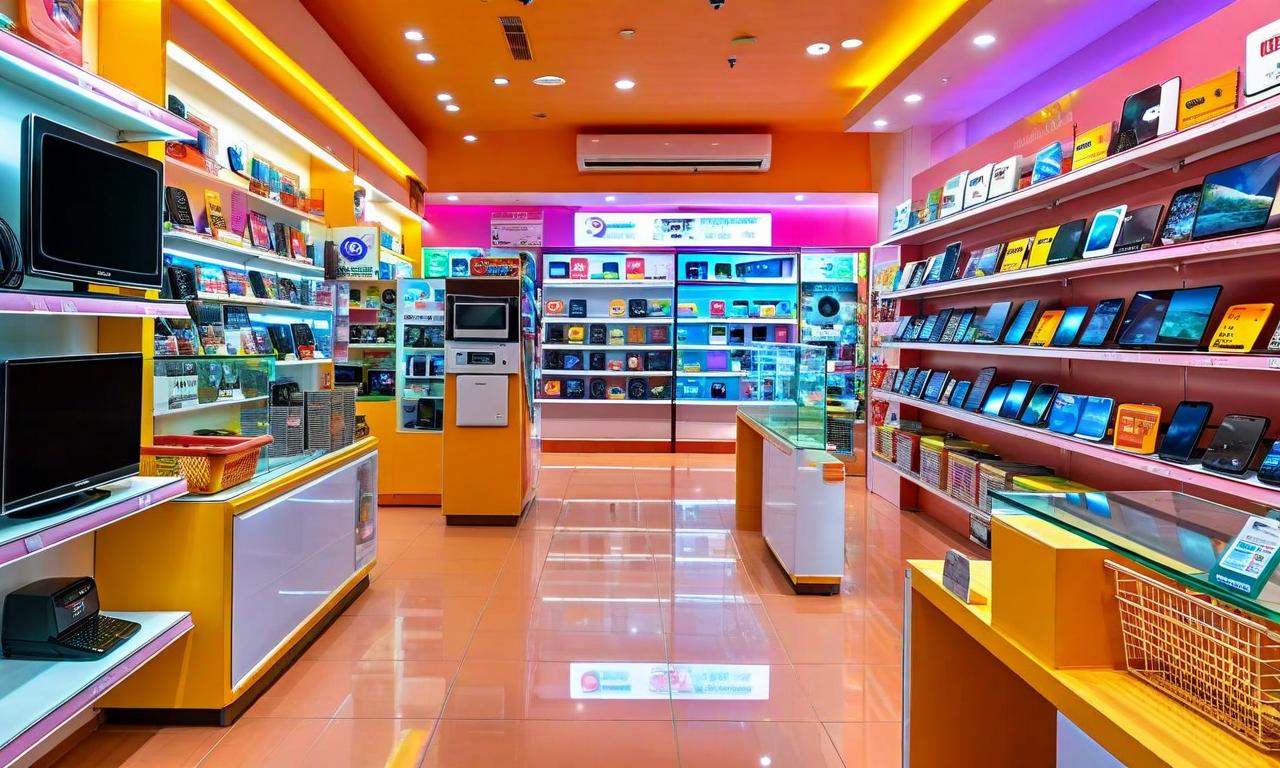Samsung and SK Hynix Shares Tumble as US Revokes China Chip Manufacturing Exemptions
The US government has withdrawn authorizations for Samsung Electronics and SK Hynix to obtain American semiconductor manufacturing equipment for their China-based chip plants. This decision led to significant stock market declines for both companies, with SK Hynix shares falling 5.00% and Samsung Electronics dropping 2.60%. The companies, which control about 70.00% of the global DRAM market and 54.00% of the NAND market, have substantial operations in China affected by this move. SK Hynix has 30.00% to 40.00% of its DRAM and NAND production in China, while Samsung conducts about a third of its NAND production there. The restrictions will take effect in 120 days, impacting the wider South Korean chip industry and potentially benefiting competitors like Micron.

*this image is generated using AI for illustrative purposes only.
South Korean semiconductor giants Samsung Electronics and SK Hynix faced a significant setback in the stock market following a crucial decision by Washington. The US government has revoked authorizations that previously allowed these companies to secure American semiconductor manufacturing equipment for their chip plants in China, sending ripples through the global tech industry.
Market Impact
The news had an immediate impact on the stock prices of both companies:
- SK Hynix shares plummeted by 5.00%
- Samsung Electronics saw a decline of 2.60%
This market reaction underscores the significance of the US decision and its potential implications for the companies' operations in China.
Industry Dominance
The importance of Samsung and SK Hynix in the global semiconductor industry cannot be overstated:
- Together, they control approximately 70.00% of the global DRAM market
- They hold a 54.00% share in the NAND market
This dominance highlights the potential far-reaching effects of the US restrictions on the global semiconductor supply chain.
China Operations
The decision particularly affects the companies' operations in China:
- SK Hynix has 30.00% to 40.00% of its DRAM and NAND production based in China
- Samsung conducts roughly a third of its NAND production in China
Timeline and Response
The new restrictions are set to take effect in 120 days, giving the companies a brief window to adjust their strategies. In response to the situation:
- SK Hynix stated it would maintain communication with both Korean and US governments to minimize the impact on its business
- Samsung has declined to comment on the matter
Wider Industry Impact
The repercussions of this decision extend beyond just Samsung and SK Hynix:
- Other South Korean chip suppliers also experienced stock declines:
- Hana Micron saw a 2.20% drop
- Hanmi Semiconductor fell by 4.80%
- Analysts suggest that competitors like Micron, which rely less on China for production, could potentially benefit from this development
This situation underscores the complex interplay between geopolitics and the global semiconductor industry, highlighting the challenges faced by companies operating in an increasingly regulated international market. As the 120-day countdown begins, all eyes will be on how these tech giants navigate this new landscape and the potential reshaping of the global chip manufacturing map.
























